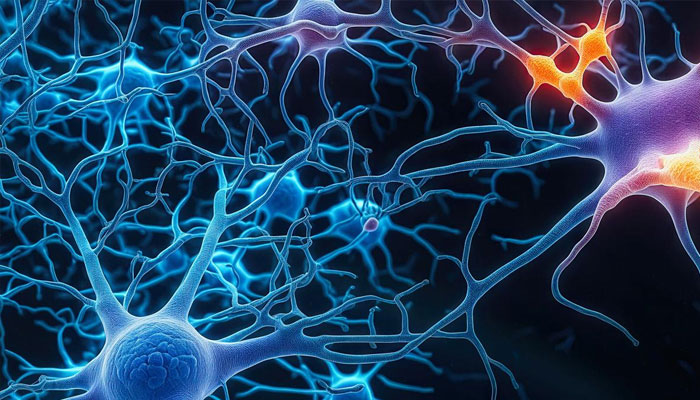A new study shows that the risk of developing dementia anytime after age 55 among Americans is 42%, more than double the risk reported by older studies.
That dementia risk translates into an estimated half-million cases this year, rising to 1 million new cases a year by 2060, according to the new work. Dementia involves progressive declines in memory, concentration, and judgment. The increasing number of cases is directly tied to the aging of the U.S. population. Beyond aging, a high risk of dementia is linked to genetic factors, as well as high rates of hypertension and diabetes, obesity, unhealthy diets, lack of exercise, and poor mental health.
The study authors attribute the previous underestimates of dementia risk to unreliable documentation of the illness in health records and on death certificates, minimal surveillance of early-stage cases of dementia, and the underreporting of cases among racial minority groups, who are disproportionately vulnerable.
This large study is a collaboration funded by the National Institutes of Health to NYU Langone Health and includes authors from Johns Hopkins University and other U.S. institutions. The new study relies on information gathered from the ongoing Atherosclerosis Risk in Communities Neurocognitive Study (ARIC-NCS), which, since 1987, has closely tracked the vascular health and cognitive function of nearly 16,000 participants as they age. ARIC-NCS is also, the researchers say, the longest-followed cohort of African-Americans for cognition and heart health.
Publishing in the journal Nature Medicine online Jan. 13, the study concludes that from 1987 until 2020, there were 3,252 study participants who were documented as having developed dementia. This translates to an overall lifetime risk for dementia among middle-aged Americans of 42%, which is an average of the 35% risk in men and the 48% risk in women. The excess risk in women was largely due to their lower death rates.
The new results also showed a higher risk among Black adults and in those who carried a variant of the APOE4 gene (between 45% and 60%), which codes for a protein that carries cholesterol and other lipids in the bloodstream. Having a certain version of APOE4 is thought to be the single biggest genetic risk factor in developing late-onset Alzheimer's disease.
"Our study results forecast a dramatic rise in the burden from dementia in the United States over the coming decades, with one in two Americans expected to experience cognitive difficulties after age 55," said study senior investigator and epidemiologist Josef Coresh, MD, PhD, who serves as the founding director of the Optimal Aging Institute at NYU Langone.
Coresh, the Terry and Mel Karmazin Professor in the Department of Population Health and a professor in the Department of Medicine at NYU Grossman School of Medicine, says the expected rise in dementia cases is partly tied to the facts that a progressive decline in brain function is often observed starting in middle age, that women overall live longer on average than men, and that about 58 million Americans are now over age 65. Among the study's other key findings was that the lifetime risk of dementia increases to over 50% among those who reach age 75.











